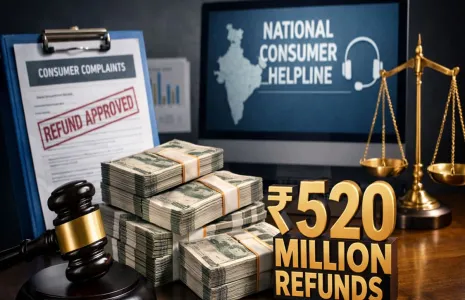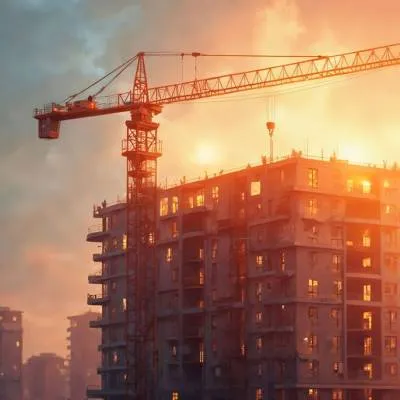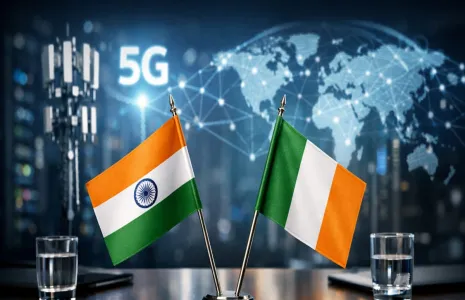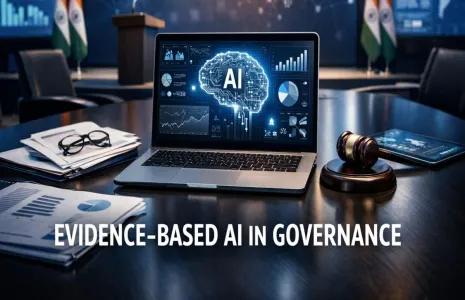Schedule a Call Back
Recycling Leaders Push for Policy Reforms in India
2025-10-13
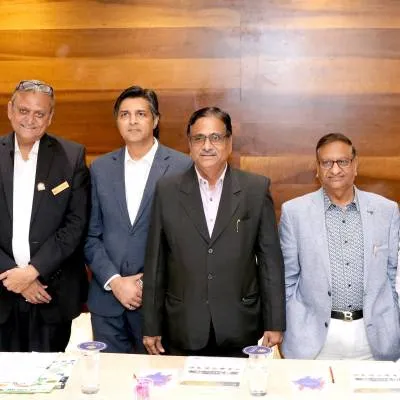
As India prepares for the largest recycling-focused event in its history, industry leaders are making a strong case for policy reforms to unlock the country’s circular economy potential. Ahead of the Bharat Recycling Show (BRS) 2025, co-located with Plastics Recycling Show (PRS) India, a high-level panel discussion in Mumbai spotlighted the urgent need for regulatory clarity, digital innovation, and integration of the informal sector.
Held under the theme “Unlocking Circular Value: Regulatory and Market Trends in Recycling”, the panel brought together prominent voices from across the recycling and sustainability landscape. The session was jointly organized by Media Fusion and Crain Communications, organizers of BRS and PRS India, which will take place from November 13–15, 2025, at the Bombay Exhibition Center. The expo will host over 150 exhibitors and 8,000 visitors from more than 10 countries, showcasing next-generation recycling technologies and solutions.
A recurring theme across the discussion was the vital role of India’s informal recycling network. Gurashish Sahni, Co-Founder & COO of ReCircle, emphasized that while India’s Extended Producer Responsibility (EPR) framework mirrors EU models, it must be localized to accommodate India’s socio-economic context.
“India’s informal recyclers are not just essential — they are irreplaceable. For EPR to work, they must be brought into the formal economy,” Sahni said, calling for the adoption of AI, IoT, and robotic sorting to improve traceability and efficiency.
He also flagged the 18 GST on recycled inputs like PET bottles as a major disincentive. “If circularity is a national goal, recycled materials must be zero-rated or taxed minimally,” he urged.
Taher Patrawala, Managing Director of Media Fusion, echoed these concerns, noting that “High GST and fragmented compliance are obstacles that BRS and PRSI aim to address by facilitating critical policy-industry dialogue.”
Sandeep Vakharia, Honorary Secretary of the Bombay Non-Ferrous Metal Association (BNMA), highlighted the immense potential of metal recycling, particularly in securing materials for renewable energy technologies. He stressed that India’s economy is undervalued if its informal recycling sector is excluded.
“Officially, India’s economy is valued at $4.3 trillion, but factoring in the parallel recycling economy pushes it beyond $5 trillion,” said Vakharia. He urged formalization of this sector and education on Environmental, Social, and Governance (ESG) practices to ensure sustainable economic growth.
Strengthening India-Specific Regulatory Capacity
Anuj Maheshwari, Co-Founder of Trace Resource, called for a regulatory framework tailored to India’s realities. “We’re seeing fast-moving regulations across multiple waste streams, but without the infrastructure or capacity to implement them effectively,” he noted. He warned that copy-paste regulations, inherited from Europe without localization, combined with cascading taxes and informal sector dominance, create an uneven playing field.
He advocated for capacity-building, tax rationalization, and recognition of compliant players to create a robust, investment-friendly ecosystem.
Highlighting the role of local governance, Ajit Salvi, Director of RCUES of AIILSG, pointed to cities like Indore, Surat, Panaji, and Navi Mumbai as models for circular urban systems.
“Indore’s seven-category segregation system shows that behavior change is possible,” Salvi said. He also underlined the importance of wastewater recycling, adding, “Despite national mandates for 20 per cent reuse, public resistance remains high. With mounting water stress, recycling is no longer optional — it’s urgent.”


Subscribe Now
Subscribe to our Newsletter & Stay updated
RECENT POSTS
Popular Tags
Folliow us
Related Stories
Supreme Court Clears NBCC to Complete 16 Stalled Supertech Projects
In a significant relief to thousands of homebuyers, the Supreme Court of India has upheld the order of the National Company Law Appellate Tribunal ...


